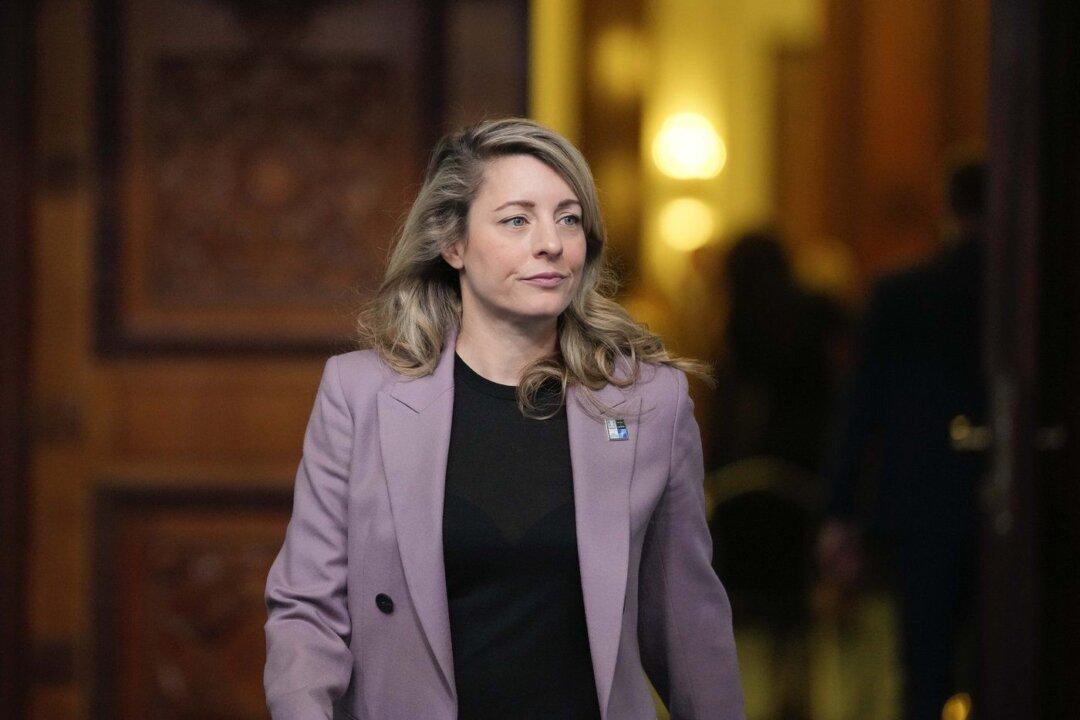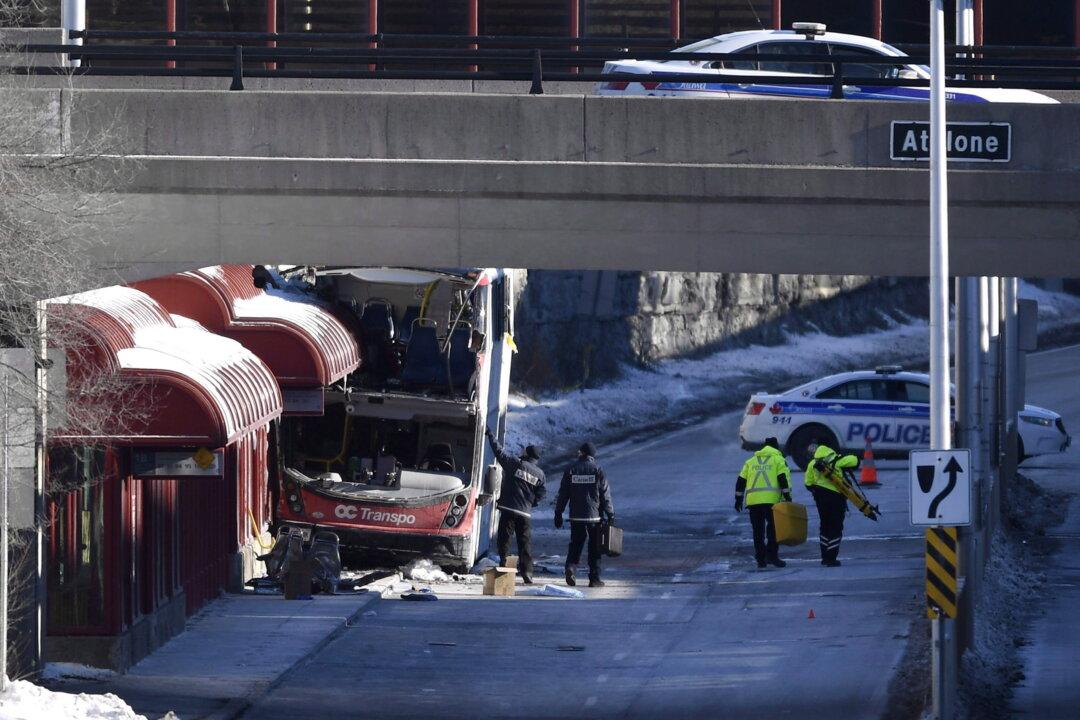Foreign Affairs Minister Mélanie Joly said Monday that Ottawa has not been clear with the Canadian business community about the risks they face operating in China.
In a discussion with the Montreal Council on Foreign Relations, Joly said it’s still up to industry to choose how much they invest in China, but she argued the federal government has a duty to help them navigate the risks.





